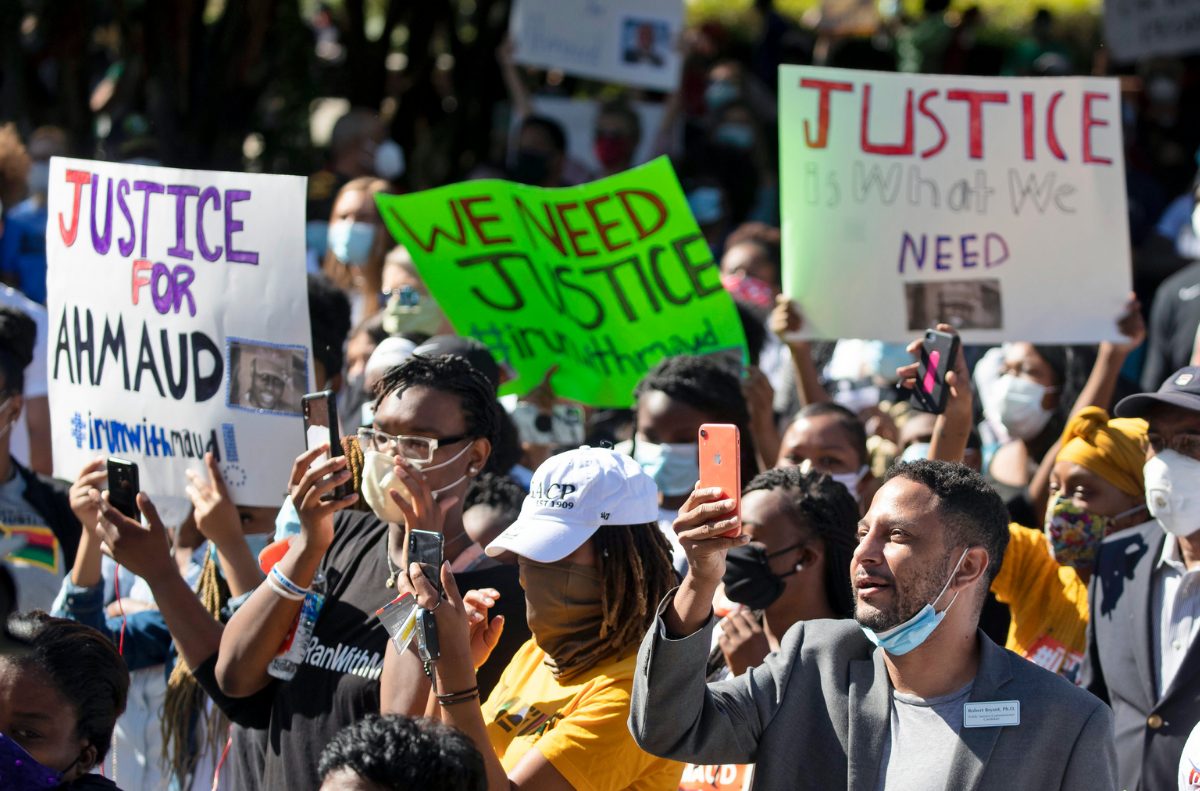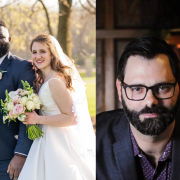We probably wouldn’t know Ahmaud Arbery’s name if he hadn’t been killed by two white people. When black people are victims of alleged murder, our reactions are often measured by the skin colour of the perpetrators.
When the level of outrage over injustices against black people is precipitated by the level of melanin in the perpetrator’s skin, what does that say about us? What does that say about what we think about racism and murder?
Last week, Black Lives Matter became a trending topic on Twitter for the first time in 3 years after the release of the horrific Ahmaud Arbery video. However, over the last three years, 8,000 black Americans were murdered by other black Americans—and though more than half of these murders remain unsolved—Black Lives Matter didn’t become a trending topic on Twitter for even one of these thousands of victims.
Victims of black-on-black crime tend to be irrelevant black murder victims to us. The skin colour of their killers do not give many people the opportunity to virtue signal. Their names do not trend on social media for several days. Their names only appear briefly in local news and local newspapers.
However, at least they have a name—at least their murders get mentioned in our local news. There is a group of black murder victims whose lives matter even less to our society—black pre-born babies.
Black pre-born babies are considered the most irrelevant black murder victims in our society, and naturally, black pre-born babies are the biggest victims of murder in America.
Over the last three years, in-between the last time Black Lives Matter was a trending topic on social media in 2017 and last week—1,000 black people were killed by white people, 8,000 black people were killed by other black people, and 1 million black pre-born babies were killed by abortion.
Therefore, why is the least prevalent type of alleged murder against black people the most protested in our society?
I think it’s largely because many of us hate racism more than we hate murder. Too often, it seems like the only injustice against black people that we think is worthy of our attention is racial discrimination. Therefore, we continue to be apathetic about the alarming rates of black-on-black murders and abortion.
If Ahmaud Arbery’s killers were black—if Ahmaud Arbery’s killers were black men who hated him because he was a member of a rival gang, his name wouldn’t trend on social media. The only kind of sinful hatred that seems to grieve us is racism.
But racism is just one of many ways we refuse to love our neighbours. Racism is just one of many types of hatred. You and I are guilty of the same sin racists commit: hatred.
If I hate my neighbour because of his height, I’m just like a racist. If I hate my neighbour because of his political views, I’m just like a racist. If I hate my neighbour for any reason, I’m just like a racist.
In fact, if I hate my neighbour because he might be a racist, he and I share the same sin.
When we understand racism from a theological perspective, we’ll know white people who unjustly kill black people are no different than black people who unjustly kill other black people. A Black person who hates another Black person for any reason is no different than a White racist.
And we need to remember every murder is produced by hatred and anger. In fact, the Bible says: “Everyone who hates his brother is a murderer (1 John 3:15).”
Therefore, we shouldn’t be selectively outraged over certain types of hatred and murder over others. We need to humbly and lovingly confront hatred and murder wherever they happen—in our streets, at abortion centres, or in our hearts.

